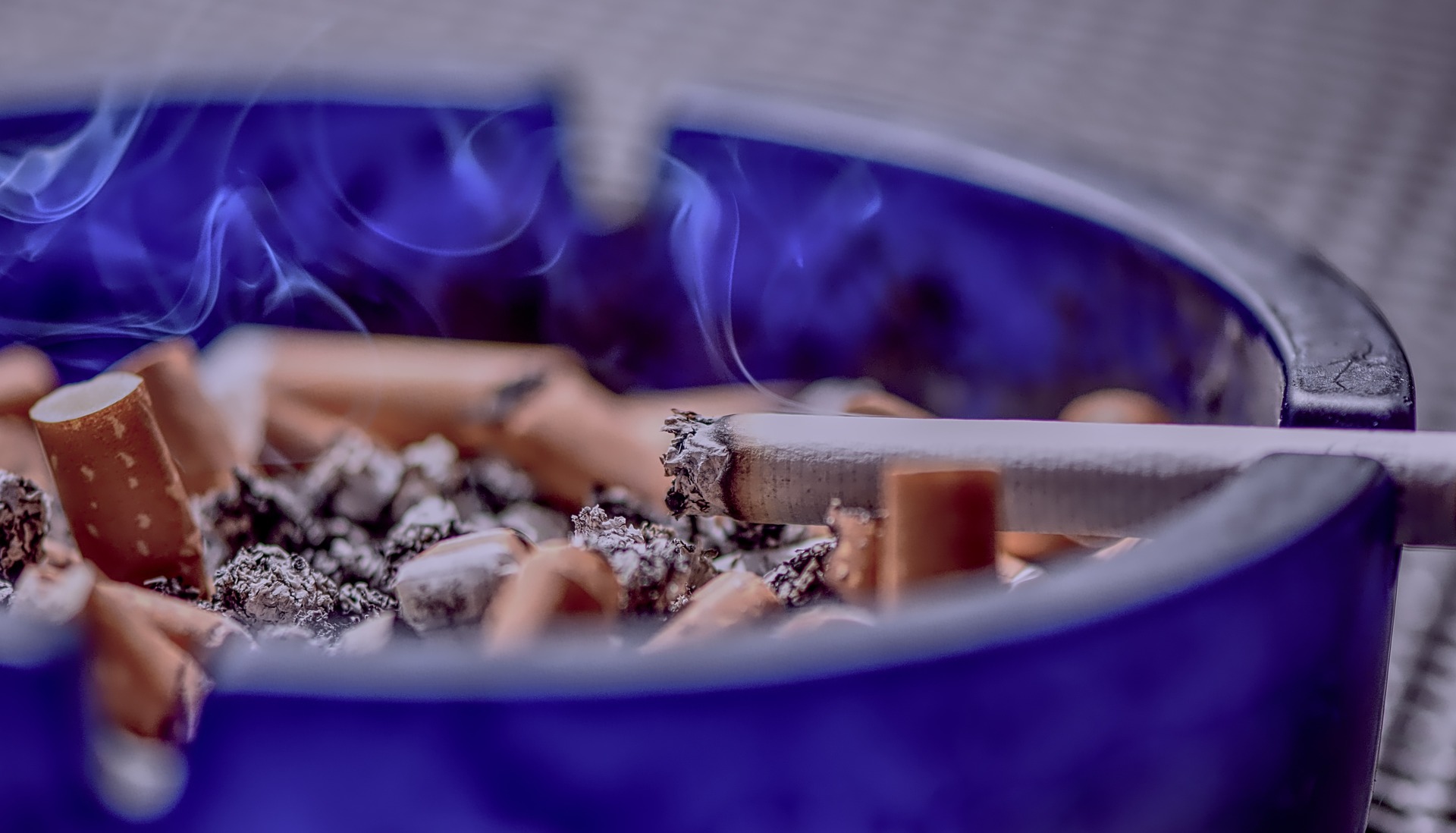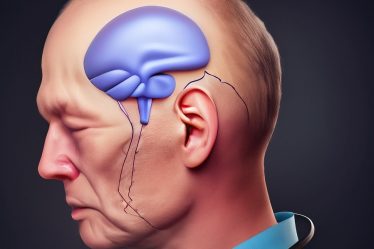
Premenstrual syndrome (PMS) is a common condition that affects up to 75% of women during their reproductive years. It is characterized by a range of physical and emotional symptoms that occur in the days or weeks leading up to menstruation. The symptoms of PMS can vary from woman to woman, but some of the most common include mood swings, irritability, anxiety, fatigue, bloating, and breast tenderness. While there is no cure for PMS, there are a variety of natural remedies that can help alleviate the symptoms and improve overall quality of life.
Herbal treatments are one of the most popular natural remedies for PMS. Here are some of the most effective herbs for PMS symptom relief:
- Chasteberry: Also known as Vitex agnus-castus, chasteberry is a popular herb for PMS symptom relief. It works by regulating hormone levels, particularly the levels of progesterone, which can help alleviate symptoms such as irritability, mood swings, and breast tenderness.
- Dong Quai: Dong Quai, also known as Angelica sinensis, is a traditional Chinese herb that is used to alleviate menstrual cramps and other PMS symptoms. It contains compounds that help to regulate estrogen levels and improve blood circulation, which can help reduce pain and inflammation.
- Black Cohosh: Black Cohosh is a Native American herb that has been used for centuries to treat a variety of women’s health issues, including PMS. It contains compounds that help to regulate hormone levels and reduce inflammation, which can help alleviate symptoms such as bloating, irritability, and mood swings.
- Evening Primrose Oil: Evening Primrose Oil is a popular herbal supplement that is rich in gamma-linolenic acid (GLA), an essential fatty acid that can help regulate hormone levels and reduce inflammation. It is particularly effective at relieving breast tenderness and bloating.
- Ginger: Ginger is a popular herb that is commonly used to treat digestive issues, but it can also be effective for PMS symptom relief. It contains compounds that help to reduce inflammation and improve blood flow, which can help alleviate symptoms such as cramps and bloating.
These herbs can be consumed in various forms such as supplements, teas, and tinctures. However, it is important to consult a healthcare provider before taking any herbal supplements, particularly if you are pregnant, breastfeeding, or taking medication.
In addition to herbal treatments, other natural remedies for PMS include regular exercise, a healthy diet rich in whole grains, fruits, and vegetables, and stress management techniques such as meditation and yoga.
If you are experiencing symptoms of PMS, it is important to consult with your healthcare provider to rule out any underlying medical conditions. In addition to herbal treatments, there are a variety of other treatment options available, including medication and therapy.
Overall, PMS can be a challenging condition to manage, but there are a variety of natural remedies that can help alleviate symptoms and improve quality of life. By working with your healthcare provider and incorporating natural remedies into your routine, you can find relief from the physical and emotional symptoms of PMS.
Resources:
- National Institutes of Health – Premenstrual Syndrome (PMS) Fact Sheet: https://www.nichd.nih.gov/health/topics/premenstrual-syndrome/conditioninfo/default
- American College of Obstetricians and Gynecologists – Premenstrual Syndrome (PMS): https://www.acog.org/womens-health/faqs/premenstrual-syndrome-pms
- University of Maryland Medical Center – Premenstrual Syndrome (PMS): https://www.umm.edu





